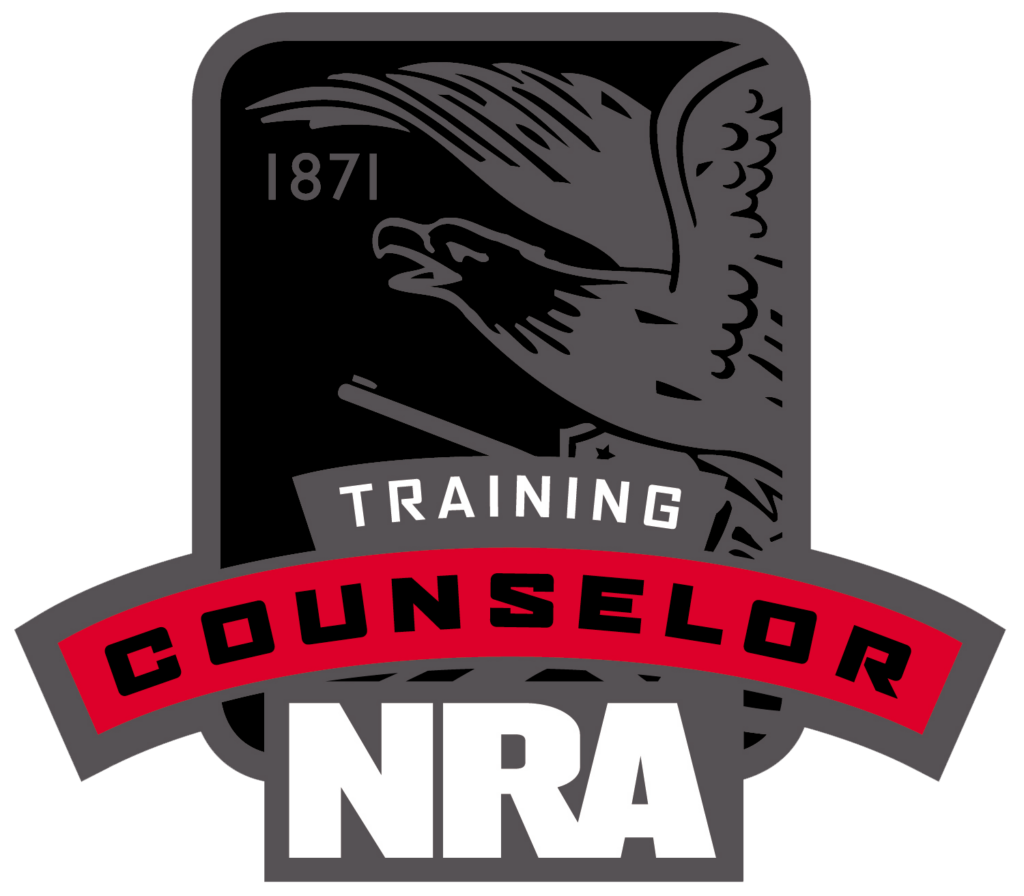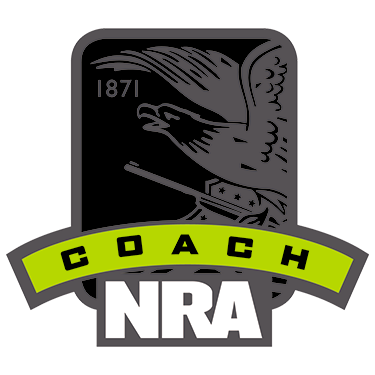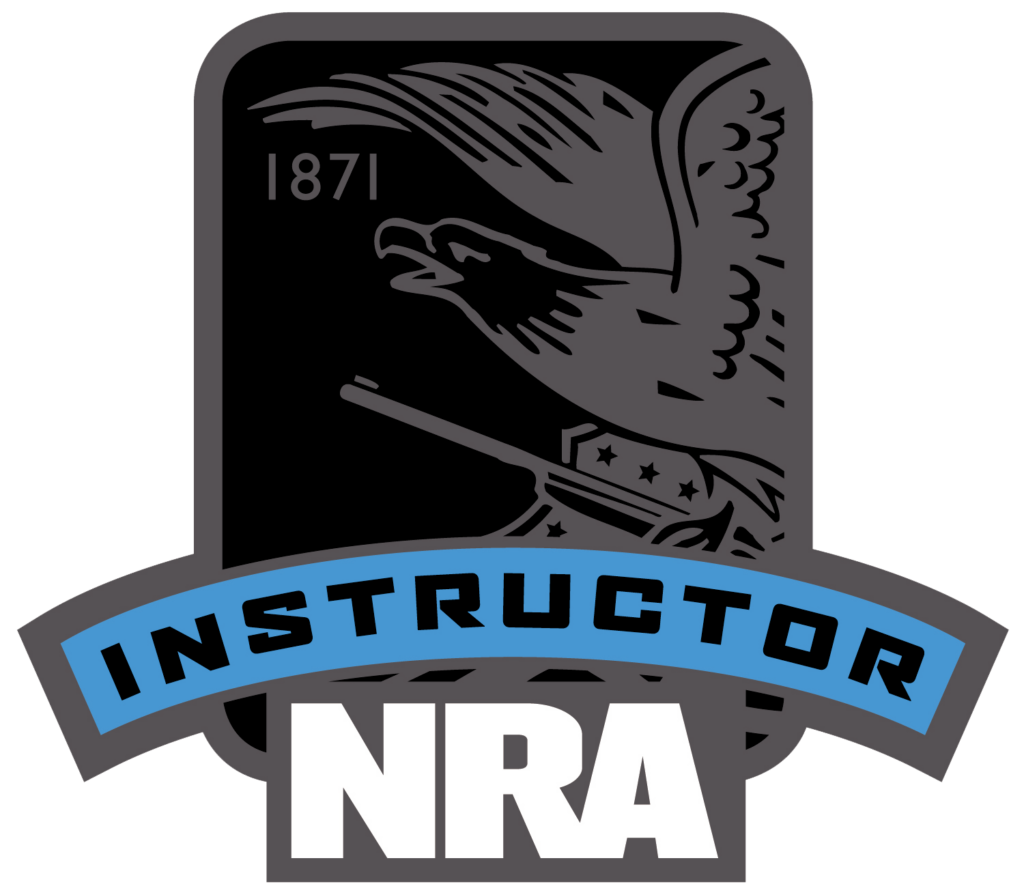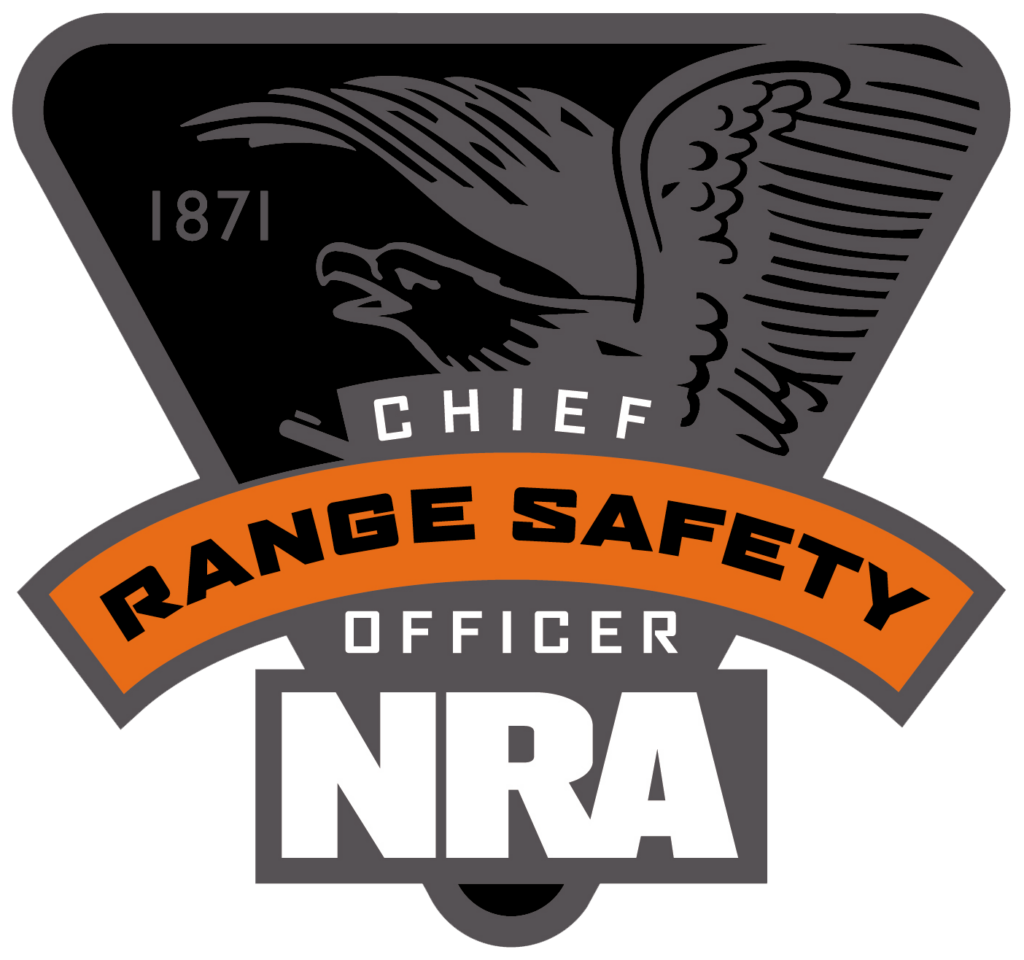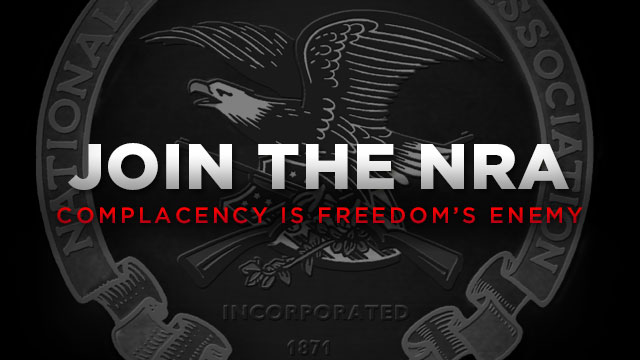In this report, I want to look closer at the reason I so strongly advocate practice. Let’s start by looking at a scenario with which, I pray, none of us will ever personally experience. You are relaxing at home in the evening, and a couple of bad guys break into the house. You grab your chosen personal defense weapon and prepare to defend yourself and your loved ones.
How often do you practice driving, cooking, writing your name? What would happen if you didn’t drive for a year or more? How proficient would you be? Have you ever wondered why a doctor’s business or a lawyer’s business is called a practice? Is it because they have not mastered their craft and they are still trying to learn it? No, these businesses are called practices because doctors and lawyers are constantly investigating, analyzing, honing, and perfecting their skills. Practice satisfies two goals: discovering new, more efficient techniques and gaining and maintaining proficiency.
Years ago law enforcement officers were taught that the way to enter a room where there was a possible assailant was to get up close to the knob side of the door and lean against the door jamb while opening the door and throwing it open. He was then to rush into the room and do a very fast assessment of whom and what was in the room. We know now that this is not the best technique. Officers in many departments are now taught to open the door from the knob side and throw the door open quickly while stepping back away from the door along the wall next to the knob side of the door. They will then make as good a sweep of the room from a few feet outside the door before entering the room. This gives them the advantage of making a better assessment of the room before entering it.
These lessons in techniques, in all professions, are learned from hard experience. Hopefully we, as average citizens, will not have to learn from experience but can benefit from the experience of professionals.
However, one thing that we can do is gain and maintain proficiency through our practice. This is not something we can do vicariously. This practice involves working diligently on your technique. But that takes us back to the original question, why? Shooting, like anything manual that we do, is a perishable skill. If I go a couple of months without at least dry practicing, my skill suffers. If I go several months without actually shooting, my ability becomes much worse for the effort and seems like a waste of time and ammunition. The least effect of this lack of practice is that I will embarrass myself in front of my students. The absolute worst effect is that I will be unprepared to protect my family and myself when that bad guy with a gun breaks into my home. The only way I can be prepared to protect my home is to practice to the point where all of my actions are as much second nature as picking up a fork and eating a cucumber.
As my students and other friends know, I am a strong advocate of dry practice. This is inexpensive as it uses no ammunition and can be done in the comfort of your home.
One fact that has been born out numerous times is that in a stressful environment such as a personal defense situation, you will be, at best, half as proficient as you are on your best day at the range. Let’s see if we can figure out why this is.
When you are dry practicing or you go to the range to poke holes in paper targets you are in a very permissive environment, i.e. no one is shooting back. You can practice drawing from the holster and if you muff a shot, you just do it over. There is no stress; you can take your time or you can practice your rapid draw-present-shoot drill. You can even practice your after-action drill and get it down to the point where it is just the natural thing to do. Unless you have an instructor who is intentionally putting you under artificial stress, you can progress at your own pace. But even if you have an instructor adding stress to your practice, that doesn’t even come close to the stress of having a bad guy threaten you or even shooting at you.
Instead of instructor induced stress, a bad guy shooting at you causes your adrenal glands to dump all available adrenaline into your system. This real-world stress does bad things to your ability to accurately shoot, whether it is point shooting or aimed fire. That is just the way life is. The best way to counter the effects of stress is to practice to the point where everything you do is rote, it takes no conscious thought. Your groups in a real-life stress situation will still open up, but not nearly as badly as if you had not practiced to the point where all your actions are automatic.
Going back to our scenario, now that you have taken the time and concern to practice, dry and live, to the point where all of your actions are automatic the bad guy who broke into your home is going to fare much worse than he would have otherwise. We hear weekly about a homeowner somewhere in the country who has had to defend themselves from a home invader. It’s pretty easy to tell the ones who have practiced and the ones who have not by the number of dead or injured and whether it is the bad guy dead or injured.
One last word is that you must always remember; the only reason to shoot is to stop the threat, not to kill the bad guy. Once the threat is gone you must stop shooting. This is not just a legal problem, but an ethical one as well.
For more information about advanced training options, contact Falcon Personal Security.

